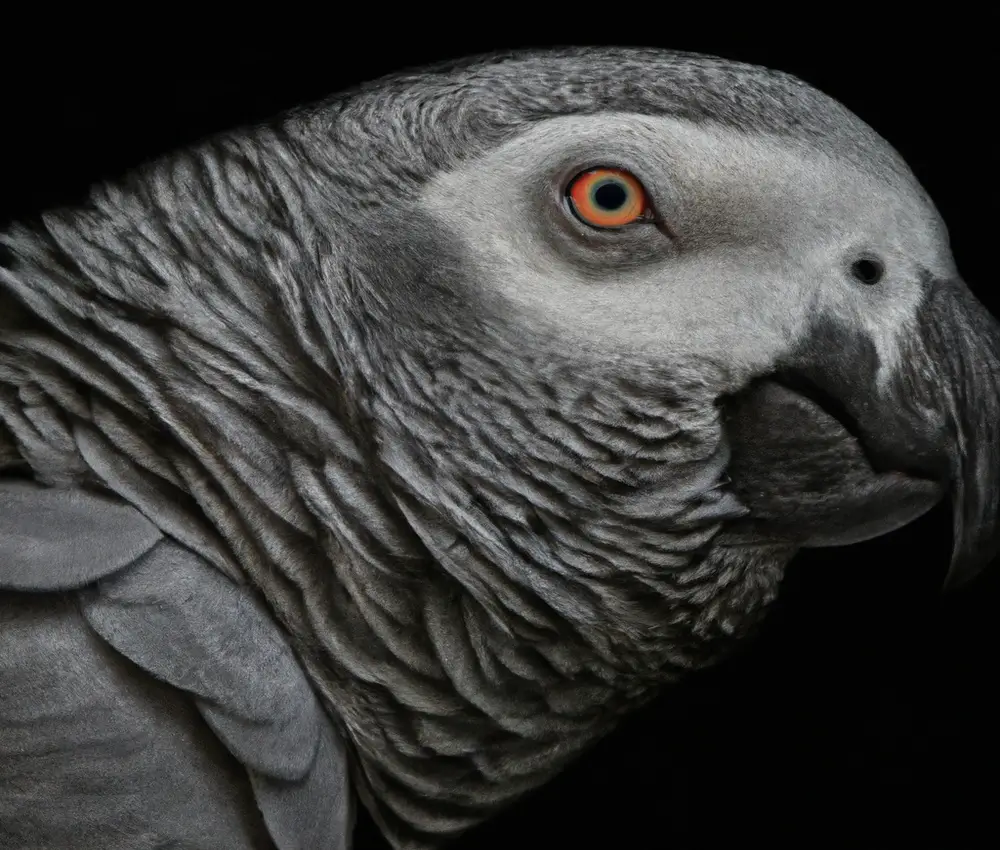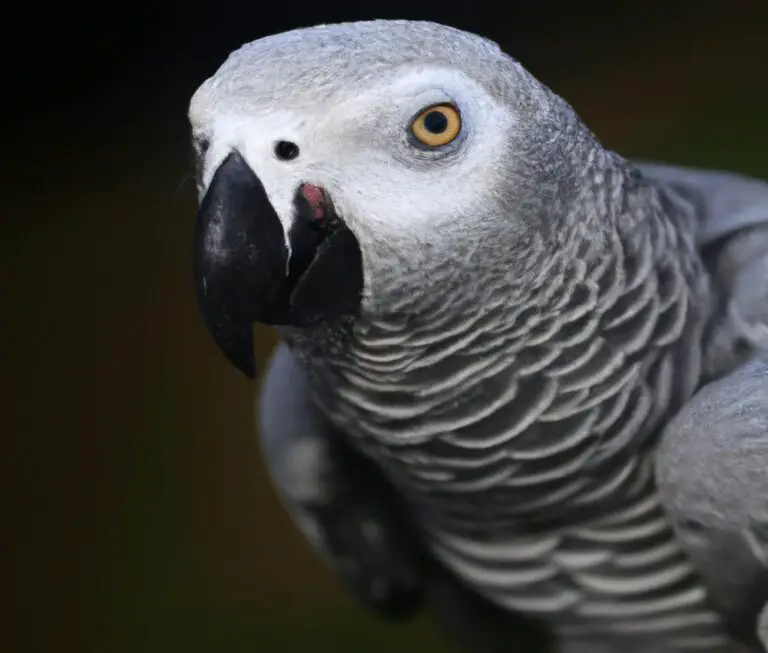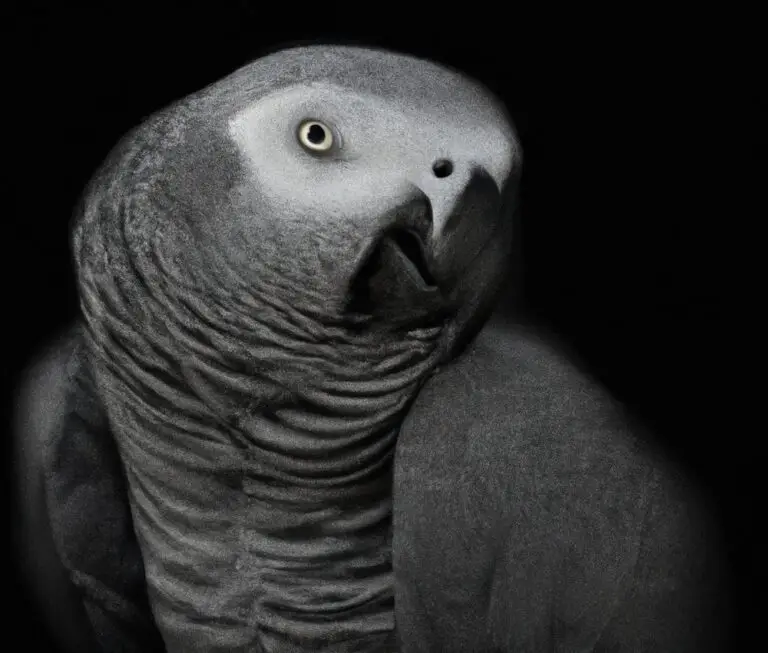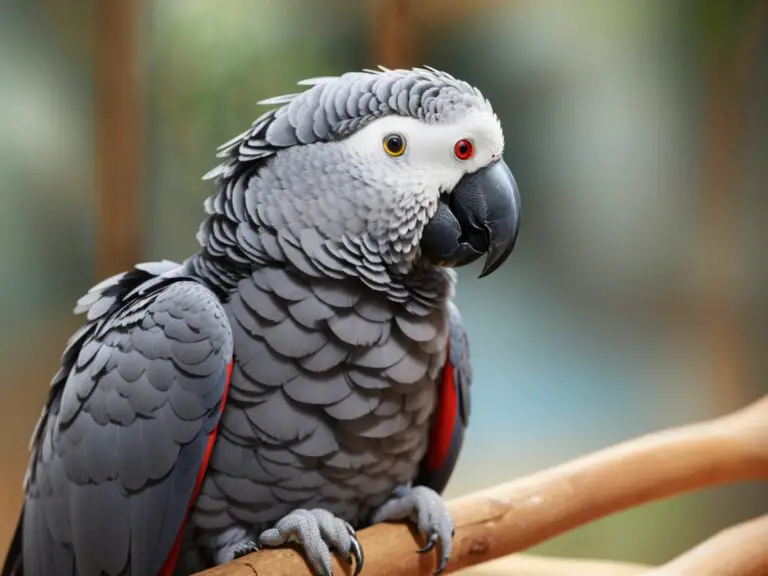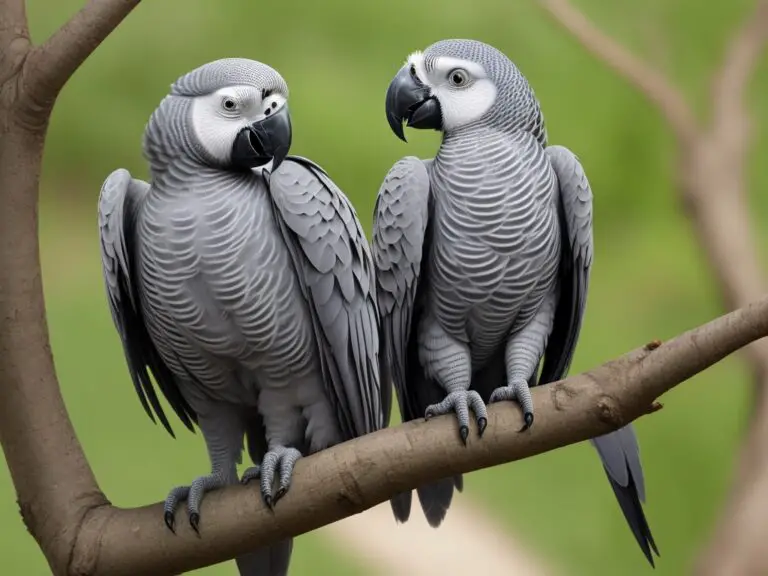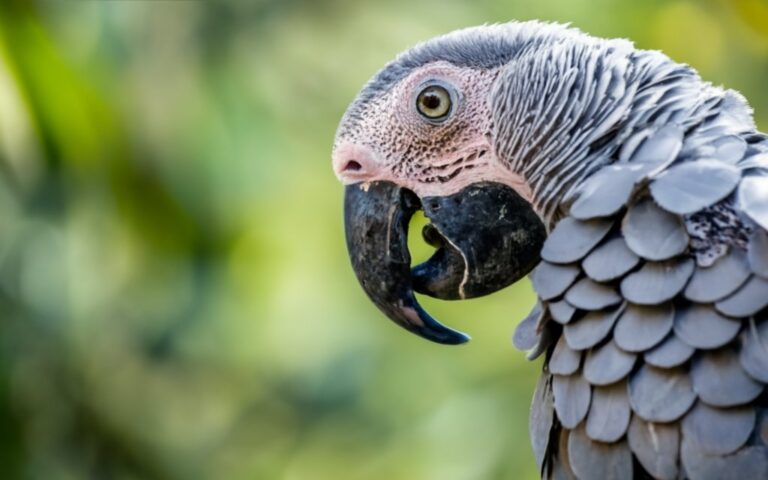What Are The Legal Regulations Regarding African Grey Parrot Ownership?
Key Takeaways:
- African Grey Parrots are protected under international and domestic laws due to their endangered status.
- Ownership of African Grey Parrots may require permits, licenses, and compliance with specific regulations depending on your country or state.
- Trade and transport of African Grey Parrots may be subject to strict regulations and require documentation.
- It is important to research and understand the legal requirements and responsibilities before owning an African Grey Parrot to ensure compliance and the well-being of the bird.
Have you considered adding an African Grey Parrot to your feathered family?
These intelligent and captivating creatures have become popular pets, but before you bring one home, it’s important to understand the legal regulations surrounding their ownership.
In this article, we will explore the laws and regulations for African Grey Parrot ownership, both internationally and within specific countries.
We will also delve into the permit and licensing requirements necessary to legally own these majestic birds.
So, if you’re curious about the legalities of African Grey Parrot ownership, keep reading to ensure you’re well-informed and prepared for this delightful companionship.
| Regulation | Explanation |
|---|---|
| Wildlife Protection Acts | African Grey Parrots are protected under wildlife protection acts in many countries. It is important to check the specific regulations in your country or state. |
| CITES | African Grey Parrots are listed under Appendix I of the Convention on International Trade in Endangered Species of Wild Fauna and Flora (CITES). This means that international trade of these parrots, including buying, selling, or exporting, requires proper permits and documentation. |
| Permit and Licensing | Ownership of African Grey Parrots may require permits or licenses, depending on the jurisdiction. These permits are usually obtained from wildlife or environmental agencies. |
| Banned Regions | Some regions or countries have banned the ownership of African Grey Parrots due to their protected status or concerns about the illegal wildlife trade. It is essential to research and ensure that ownership is legal in your area. |
| Source Verification | When purchasing an African Grey Parrot, it is important to ensure that the bird has been legally obtained. The authenticity and legality of the source should be verified to avoid supporting the illegal wildlife trade. |
The Legalities of African Grey Parrot Ownership
Before bringing home an African Grey Parrot, it’s important to understand the legalities of ownership.
Laws and Regulations for African Grey Parrot Ownership
The laws and regulations regarding African Grey Parrot ownership vary from country to country.
In some places, they are protected under wildlife protection acts and may require permits or licenses for ownership.
It’s important to research and understand the specific regulations in your area before considering bringing an African Grey Parrot into your home.
Bird Ownership Laws in Different Countries
Bird ownership laws vary from country to country.
Some countries, like the United States and Canada, have relatively lenient regulations, allowing individuals to own birds as pets without specific permits or licenses.
In contrast, other countries, such as Australia and New Zealand, have stricter laws that require permits or licenses for bird ownership.
Additionally, certain species may be protected under international law, making it illegal to own them without proper authorization.
It is important to research and understand the specific laws and regulations in your country before acquiring a bird as a pet.
Permit and Licensing Requirements for African Grey Parrot Ownership
To legally own an African Grey Parrot, you may be required to obtain permits and licenses depending on your country or state regulations.
These requirements aim to ensure the welfare and protection of these birds.
It’s important to research and comply with the specific laws in your area.
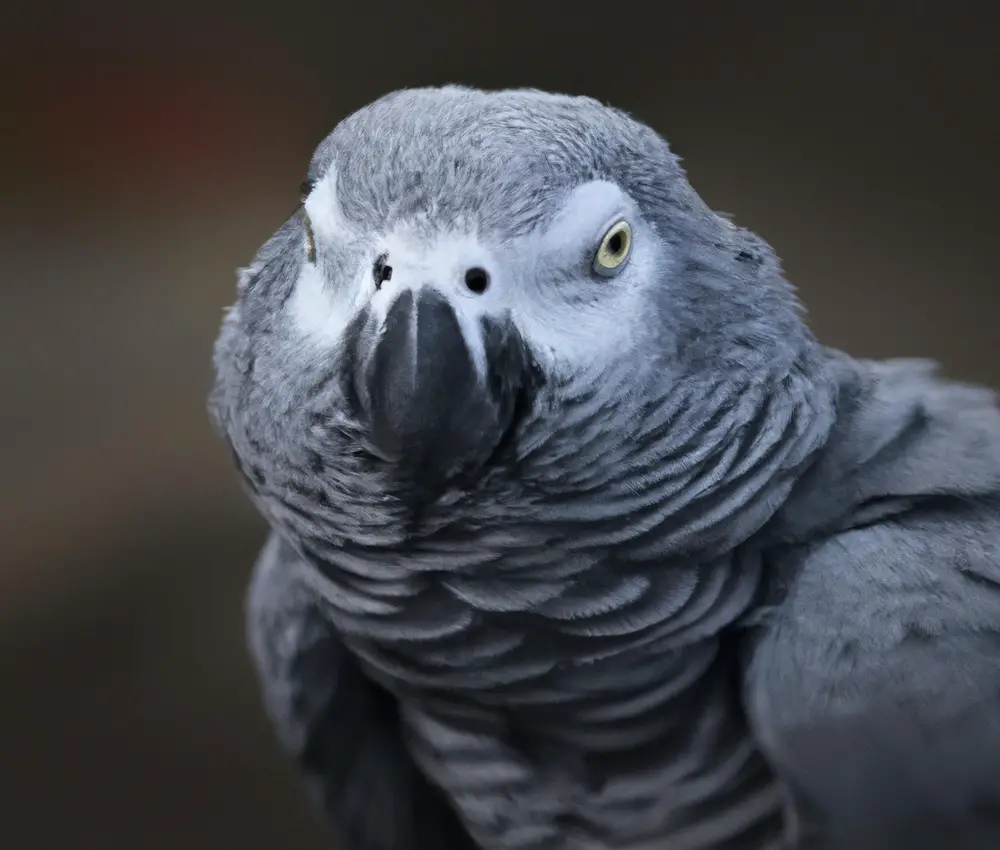
Ethical Considerations for African Grey Parrot Ownership
Before bringing an African Grey Parrot into your home, it’s important to consider the ethical implications of ownership.
Responsible Ownership and Care for African Grey Parrots
Responsible ownership and care for African Grey Parrots is essential to ensure their health and well-being. Here are some key points to keep in mind:
- Provide a spacious and stimulating environment: African Grey Parrots are intelligent and active birds. They require a large cage or aviary with plenty of room to move, as well as toys, perches, and mental stimulation to prevent boredom.
- A balanced diet: Offer a varied diet that includes high-quality pellets, fresh fruits, vegetables, and occasional treats. Consult a veterinarian or avian nutritionist for specific dietary recommendations.
- Regular veterinary check-ups: Schedule regular veterinary visits to ensure your parrot’s health. Avian veterinarians can conduct health assessments, provide vaccinations, and offer advice on parasite prevention.
- Mental stimulation and enrichment: African Grey Parrots are highly intelligent and need mental stimulation to stay happy. Provide interactive toys, puzzles, and training sessions to keep their minds engaged.
- Socialization and companionship: African Grey Parrots are social birds and thrive on human interaction. Spend quality time with your parrot, engage in play, and provide opportunities for socialization with other birds or pets, if appropriate.
- Environmental considerations: Maintain a safe and clean environment for your parrot. Keep harmful substances, such as toxic plants and household cleaners, out of reach. Regularly clean the cage and provide fresh water and bedding.
Remember, owning an African Grey Parrot is a long-term commitment, as they can live for several decades. By responsibly caring for your parrot’s physical and emotional needs, you can ensure a happy and healthy life for your feathered friend.
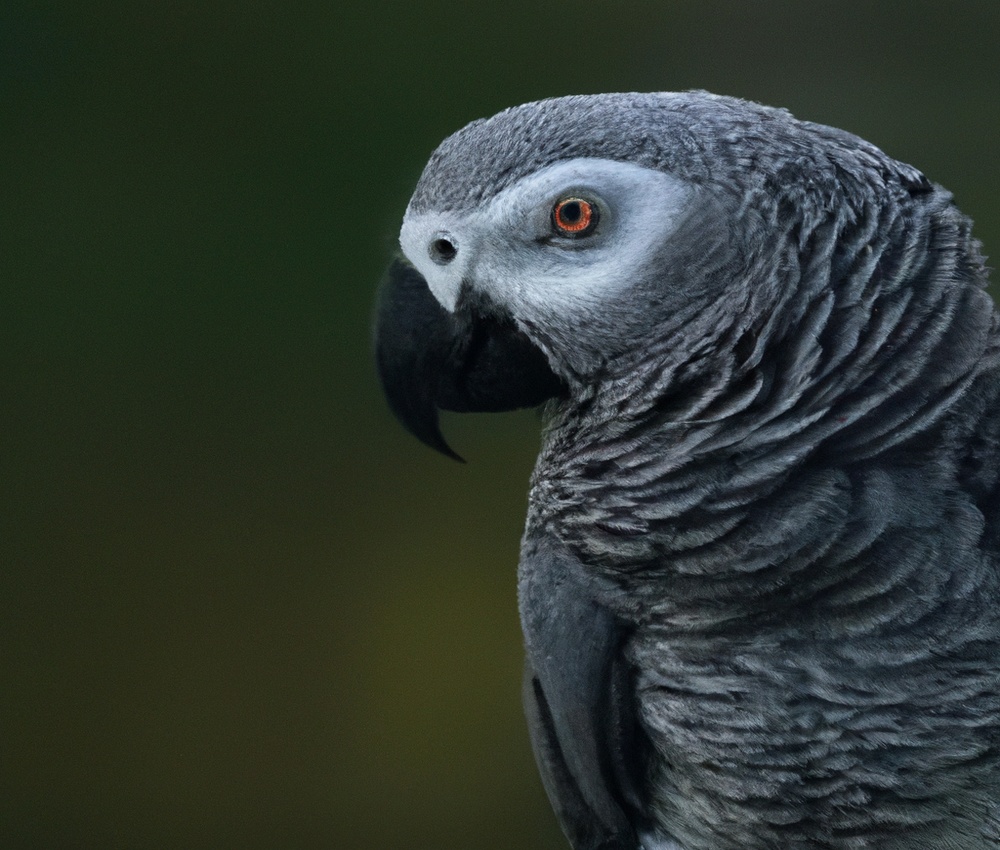
Impact of Captive Breeding on African Grey Parrot Populations
Captive breeding can have both positive and negative impacts on African Grey Parrot populations. On the positive side, captive breeding programs can help preserve the species, prevent illegal wildlife trade, and reduce pressure on wild populations.
However, if not properly regulated, captive breeding can lead to overbreeding, which may result in a surplus of birds and limited resources for their care.
Additionally, captive-bred birds may not possess the necessary skills to survive in the wild if reintroduced. Therefore, it is crucial to implement responsible breeding practices and support conservation efforts to ensure the long-term welfare and sustainability of African Grey Parrot populations.
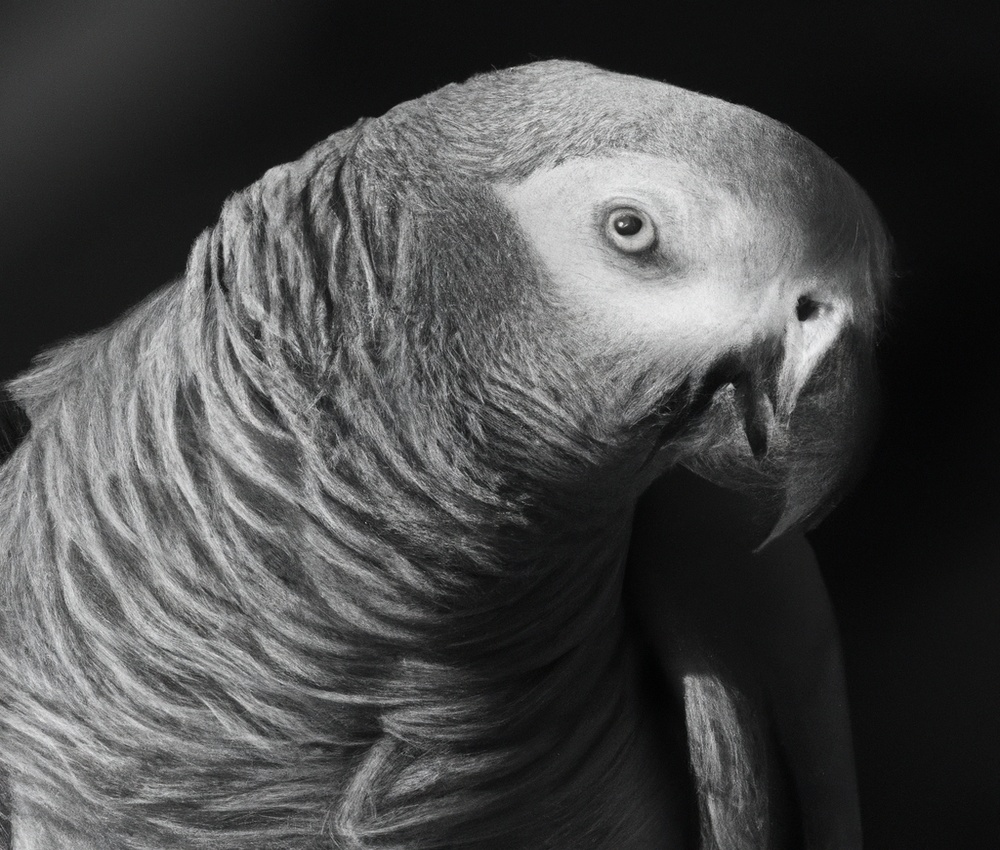
Importance of Supporting Conservation Efforts
Supporting conservation efforts for African Grey Parrots is crucial for their survival and the preservation of their natural habitats. By contributing to conservation initiatives, we can help protect these magnificent birds from habitat loss, illegal trade, and other threats.
Additionally, supporting conservation efforts ensures that future generations can enjoy the beauty and intelligence of African Grey Parrots.
Our individual actions, such as spreading awareness, donating to conservation organizations, and advocating for stronger protections, can make a significant impact on the conservation of these incredible birds.
Health and Welfare of African Grey Parrots
You want to ensure the health and welfare of your African Grey Parrot.
Let’s explore some key aspects to consider.
Common Health Issues in African Grey Parrots
African Grey Parrots are prone to certain health issues that owners should be aware of. Common health problems include respiratory infections, feather plucking, beak and feather disease, psittacosis, and vitamin deficiencies.
Regular veterinary check-ups, a balanced diet, proper hygiene, and a safe environment can help prevent these issues.
Nutrition and Feeding Guidelines for African Grey Parrots
African Grey Parrots require a balanced diet consisting of high-quality pellets, fresh fruits, vegetables, and occasional nuts or seeds. Avoid avocados, chocolate, caffeine, alcohol, and sugary or salty foods.
Provide clean water daily.
Offer a variety of foods to ensure nutritional needs are met. Consult with an avian veterinarian for specific dietary requirements.
Mental Stimulation and Enrichment for African Grey Parrots
Mental stimulation and enrichment are vital for the well-being of African Grey Parrots.
Here are some ways to provide it:
- Offer a variety of toys that encourage problem-solving, such as puzzle toys and foraging toys.
- Provide opportunities for social interaction, either with you or with other compatible parrots.
- Create an enriching environment by regularly changing the arrangement of perches, toys, and other items in their cage.
- Provide opportunities for physical exercise outside of the cage, such as supervised playtime or flight training.
- Offer plenty of mental stimulation through training sessions and teaching them new tricks.
- Engage their curiosity by introducing new objects, sounds, and experiences in a safe and controlled manner.
By incorporating these activities into your parrot’s daily routine, you can help keep them mentally engaged and fulfilled.
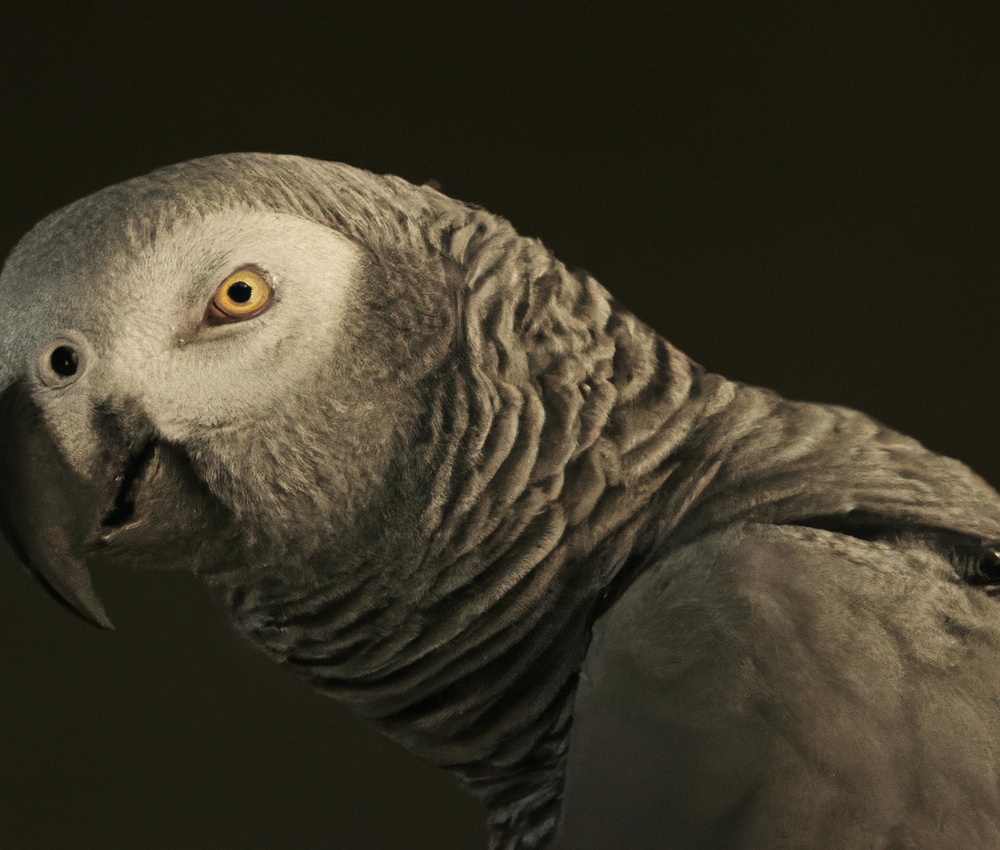
Finding a Reputable Breeder or Seller for African Grey Parrots
To find a reputable breeder or seller for African Grey Parrots, do your research and evaluate potential options carefully.
Researching and Evaluating Potential Breeders or Sellers
When researching and evaluating potential breeders or sellers for African Grey Parrots, it is important to gather as much information as possible. Start by asking about their experience, reputation, and the number of years they have been breeding or selling African Grey Parrots.
Additionally, inquire about the conditions in which the birds are kept, their diet and health care, and if they provide any certifications or guarantees.
Request to see their facilities and meet the birds in person if possible. Lastly, read reviews or ask for referrals from previous customers to ensure a reputable and responsible breeder or seller.
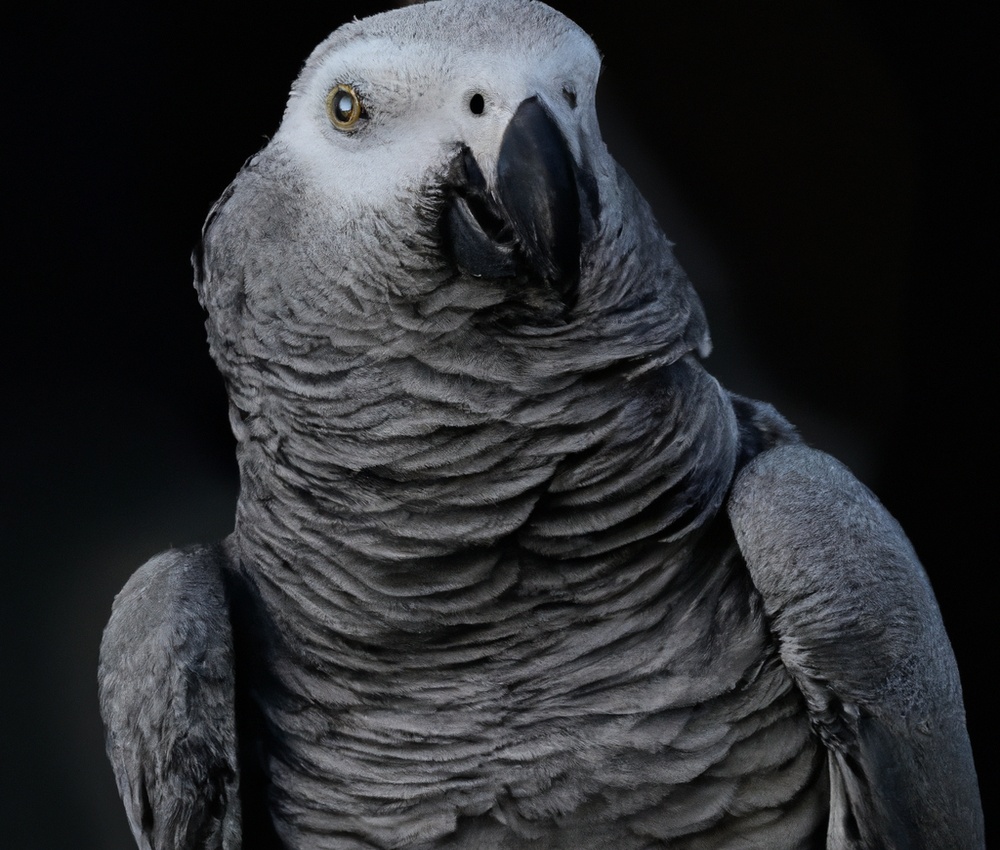
Questions to Ask Breeders or Sellers
When considering getting an African Grey Parrot from a breeder or seller, there are some important questions to ask. First, inquire about the bird’s age, as younger birds require more attention and training.
Second, ask about the bird’s health history, including any past illnesses or medical conditions.
Third, find out if the bird has been socialized and exposed to different environments. Finally, ask about the breeder’s experience and expertise with African Grey Parrots.
What is the lifespan of an African Grey Parrot?
The African Grey Parrot has an average lifespan of 40-60 years, although some individuals have been known to live even longer. Proper care, nutrition, and a stimulating environment can contribute to their longevity.
It’s important to understand the commitment involved in owning a parrot with such a long lifespan.
Are there any restrictions on purchasing or owning an African Grey Parrot?
Yes, there are restrictions on purchasing or owning an African Grey Parrot.
These restrictions vary by country and sometimes even by local or regional laws.
In some countries, you may need permits or licenses to legally own an African Grey Parrot.
It’s important to research and understand the specific laws and regulations in your area before considering getting one as a pet.
Additionally, it is always recommended to only purchase from reputable breeders or sellers to ensure that you are obtaining your parrot legally and ethically.
How much does an African Grey Parrot cost?
An African Grey Parrot can range in price from $1,000 to $3,000 or more.
Factors like age, gender, and training can affect the cost.
Additionally, prices may vary based on the breeder, location, and availability.
It’s important to budget for ongoing care and expenses, such as food, toys, and veterinary care.
What kind of permits or licenses do I need to own an African Grey Parrot?
To own an African Grey Parrot, you may need to obtain permits or licenses depending on your location and local laws. These requirements can vary, so it’s important to research and understand the regulations in your area.
Contact your local wildlife or pet authority to determine the specific permits or licenses needed for African Grey Parrot ownership.
Final Verdict
Owning an African Grey Parrot comes with important legal obligations and considerations. It is crucial to research and understand the local laws and regulations regarding bird ownership in your country or region.
Ensure that you have the necessary permits and licenses to legally own a parrot and support conservation efforts.
Responsible ownership involves providing proper care, nutrition, mental stimulation, and enrichment for the parrot’s wellbeing. By finding a reputable breeder or seller, you can help avoid illegal wildlife trade and contribute to the preservation of this magnificent species.
With proper knowledge and adherence to regulations, African Grey Parrot ownership can be a rewarding and enriching experience.

